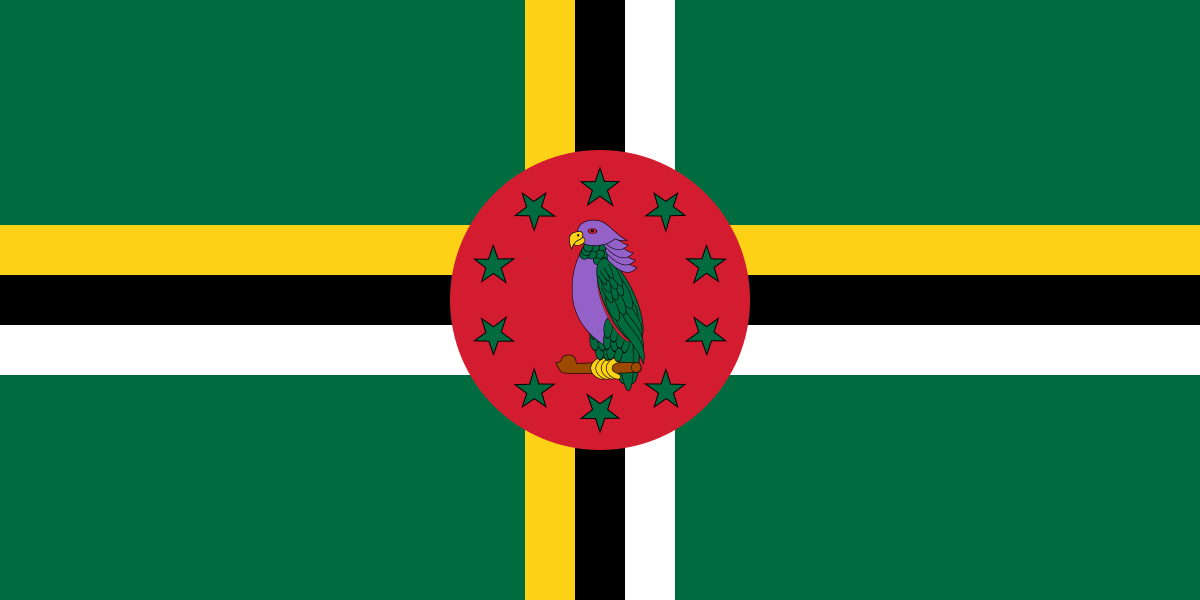Location
Dominica was the last of the Caribbean islands to be colonized by Europeans due chiefly to the fierce resistance of the native Caribs. France ceded possession to Great Britain in 1763, which colonized the island in 1805. In 1980, two years after independence, Dominica's fortunes improved when a corrupt and tyrannical administration was replaced by that of Mary Eugenia CHARLES, the first female prime minister in the Caribbean, who remained in office for 15 years. On 18 September 2017, Hurricane Maria passed over the island causing extensive damage to structures, roads, communications, and the power supply, and largely destroying critical agricultural areas.
Government type: parliamentary republic.
The politics of Dominica takes place in a framework of a parliamentary representative democratic republic, whereby the Prime Minister of Dominica is the head of government, and of a multi-party system. Executive power is exercised by the government. Legislative power is vested in both the government and the House of Assembly. The Judiciary is independent of the executive and the legislature.
Information from the CIA Factbook and Wikipedia article Politics of Dominica
Members:
Resources
Displaying 16 - 20 of 52Tenancies and Rent Control (Hurricane Emergency) Act (Cap. 54:73).
This Act makes provision with respect to actions that may be undertaken by a tenant in respect of a landlord who does not proceed with repairs of rented premises after the occurrence of a hurricane.
Title by Registration (Amendment) Act (No. 17 of 1994).
This Act amends the Title by Registration Act by repealing and replacing a section on registration of caveats and by making some minor and consequential amendments.
Tenancies and Rent Control Act (Cap. 54:72).
This Act makes provision for the establishment of Tenancies and Rent Control Tribunals, provides for powers of such tribunals and provides rules relative to lease and the relationship between landlord and tenant.The Act declares the receiving of rent for premises that are not registered with a Tribunal in accordance with this Act to be an offence.
Small Tenaments Act (Cap. 54:71).
This Act makes provision for duties and proceedings in relation with the ending of a tenancy of a small tenement as defined in this Act.If a tenant does not leave the tenement after a notice of the landlord, the Magistrate may, on the application of the landlord, issue a summons in the form as set out in Schedule 1 to this Act. The Act specifies court proceedings in respect of a dispute and provides for compensation of improvements.
Amended by: Small Tenaments (Amendment) Order (S.R.O. 5 of 1998). (1998-03-05)
Small Tenaments (Amendment) Order (S.R.O. 5 of 1998).
This Order amends the Small Tenaments Act in Schedule 2 in relation with fees for legal proceedings.
Amends: Small Tenaments Act (Cap. 54:71). (1991)


